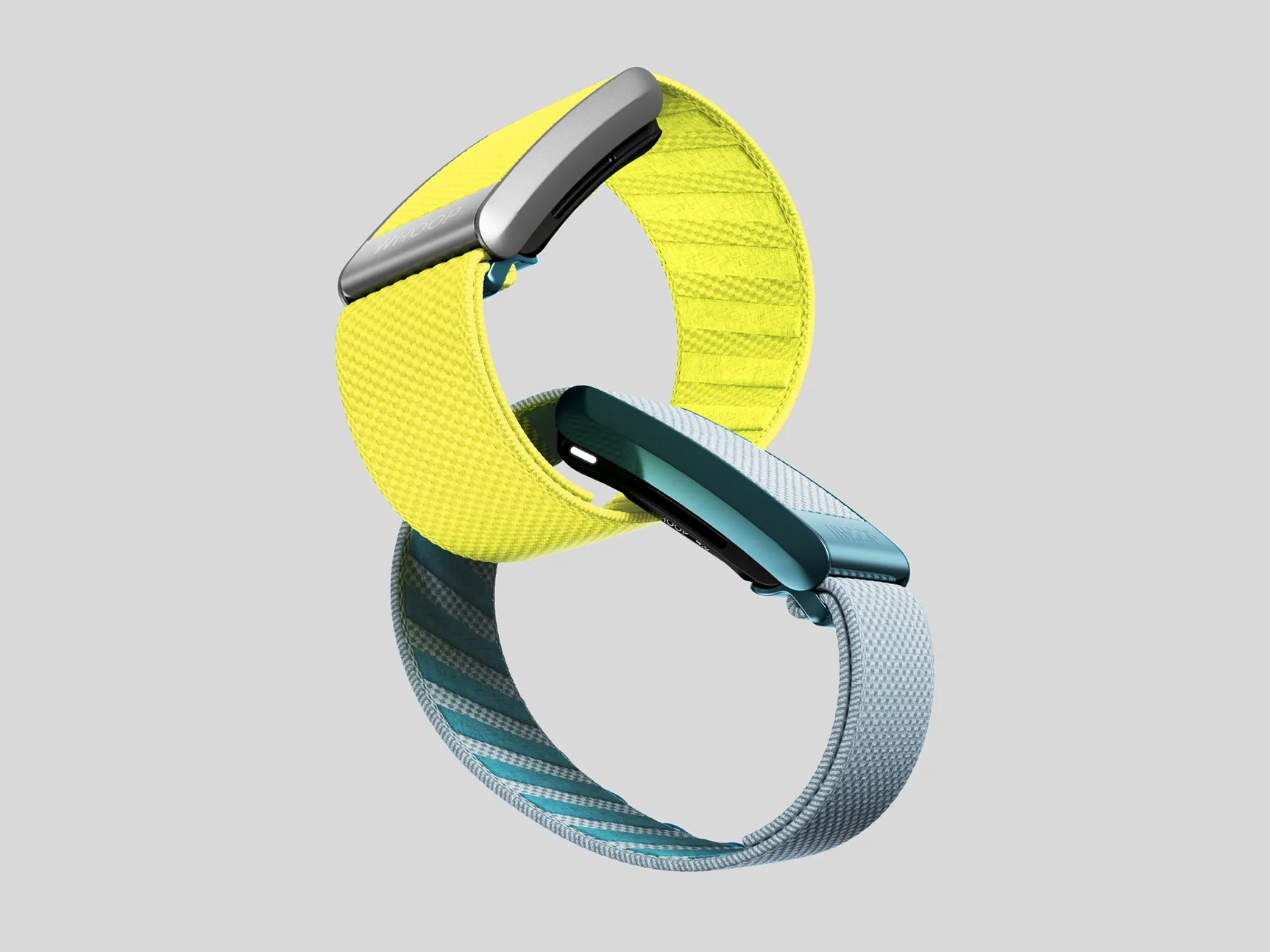
Kudos has partnered with CardRatings and Red Ventures for our coverage of credit card products. Kudos, CardRatings, and Red Ventures may receive a commission from card issuers. Kudos may receive commission from card issuers. Some of the card offers that appear on Kudos are from advertisers and may impact how and where card products appear on the site. Kudos tries to include as many card companies and offers as we are aware of, including offers from issuers that don't pay us, but we may not cover all card companies or all available card offers. You don't have to use our links, but we're grateful when you do!
Does Your ZIP Code Affect Your Credit Score?
July 1, 2025


Quick Answers
Your credit score is calculated without any consideration of your ZIP code, as scoring models are legally barred from using geographic data.
While your address itself is neutral, location-specific public records like bankruptcies or tax liens filed in your county can be included in your credit report and lower your score.
Financial institutions may use your address to verify your identity or for internal risk modeling, but these practices are separate from the standardized credit scoring process.
What is your zip code?
A ZIP code, which stands for Zone Improvement Plan, is a system of postal codes used by the United States Postal Service. Its primary function is to make mail sorting and delivery more efficient across the country. These five-digit codes identify a specific geographic delivery area, from a section of a city down to a single address with a high volume of mail.
While your ZIP code is not a direct component of your credit score, some lenders and insurers use geographic data in their risk assessment models. This practice involves analyzing aggregated, anonymized data from a particular area to identify economic trends and statistical risks. Therefore, information associated with your ZIP code can indirectly influence things like insurance rates or the types of credit offers you might receive.
How Your Zip Code Could Impact Your Credit Score
It's a common misconception, but your ZIP code has no direct bearing on your credit score. Credit scoring models are legally barred from using your location to calculate your score.
- Cost of Living and Financial Pressure. Living in a high-cost area can strain your budget. If higher expenses for housing, groceries, and taxes lead to missed or late payments on your credit obligations, your score will suffer.
- Local Economic Conditions. The economic health of your region can affect your financial stability. A weak local job market could impact your income, making it more challenging to manage debt and maintain a good payment history.
- Insurance Premium Calculations. Auto and homeowners insurance companies often use your ZIP code to help determine your rates. Higher premiums in certain areas reduce your disposable income, leaving less money for debt repayment.
- Access to Financial Services. Some neighborhoods have fewer mainstream banks, which can lead residents to use high-interest alternative lenders. This can create a cycle of debt that is difficult to escape and damaging to your credit.
How Much Will Your Zip Code Affect Your Credit Score?
While your ZIP code is not a direct factor in credit score calculations, it can influence other financial aspects of your life. Here are the key things to understand about the relationship between your location and your credit.
- No Direct Calculation. Credit scoring models from FICO and VantageScore do not use your address or ZIP code as a factor. Your score is determined by your credit history, not where you live.
- Indirect Financial Effects. Your location can influence costs like insurance premiums and local taxes, which affects your overall financial health. This can indirectly impact your ability to manage debt and make timely payments.
- Lender Considerations. Lenders may use geographic data for their internal risk assessments, separate from your credit score. This could potentially influence their decision to approve a loan or the terms they offer you.
How You Can Avoid Your Zip Code Affecting Your Credit Score
Focus on Key Credit Factors
You can't change a lender's risk model, but you can control the main drivers of your credit score. Prioritize on-time payments, keep credit card balances low, and avoid opening too many new accounts at once. A strong credit profile is your best defense.
Shop for Different Lenders
Not all financial institutions weigh geographic data equally. If you suspect your location is a factor, compare offers from various lenders, including national banks, local credit unions, and online lenders. Their lending criteria and risk assessments can differ significantly, potentially leading to better terms.
Ways to Improve Your Credit Score
Your credit score plays a crucial role in your financial life, but the good news is that improving it is always possible. There are several proven methods you can use to boost your score and build a healthier credit profile.
- Set up automatic payments. Payment history is the most significant factor in your score, so setting up automatic transfers for all your credit accounts ensures you never miss a due date.
- Reduce your credit utilization. Aim to keep your credit utilization ratio below 30% by paying down balances or requesting a credit limit increase on an existing card.
- Monitor your credit reports. Regularly check your reports from all three major bureaus to identify and dispute any inaccuracies that could be dragging down your score.
- Become an authorized user. Being added to the account of someone with a strong credit history can help you benefit from their positive payment record and low utilization.
- Limit hard inquiries. Each application for new credit can trigger a hard inquiry, so space out your applications and use prequalification tools when possible to avoid a temporary dip in your score.
- Diversify your credit mix. Lenders like to see that you can responsibly manage different types of credit, such as revolving credit cards and installment loans like auto or personal loans.
The Bottom Line
Your ZIP code does not directly influence your credit score. Major credit bureaus calculate scores based on your financial history, not your geographical location or neighborhood demographics.
Frequently Asked Questions
Can moving to a "bad" neighborhood lower my credit score?
No, your credit score is not directly impacted by your neighborhood's economic status. Lenders are legally prohibited from using geographic location as a factor in credit decisions.
Do lenders see my full address on my credit report?
Yes, your credit report lists your current and previous addresses. However, this information is used strictly for identity verification, not for calculating your credit score.
Why do car insurance companies ask for my ZIP code?
Car insurers use your ZIP code to assess risk based on local factors like theft and accident rates, which can affect your premium, but this is separate from your credit score.
Unlock your extra benefits when you become a Kudos member

Turn your online shopping into even more rewards

Join over 400,000 members simplifying their finances

Editorial Disclosure: Opinions expressed here are those of Kudos alone, not those of any bank, credit card issuer, hotel, airline, or other entity. This content has not been reviewed, approved or otherwise endorsed by any of the entities included within the post.



































.webp)

.webp)






